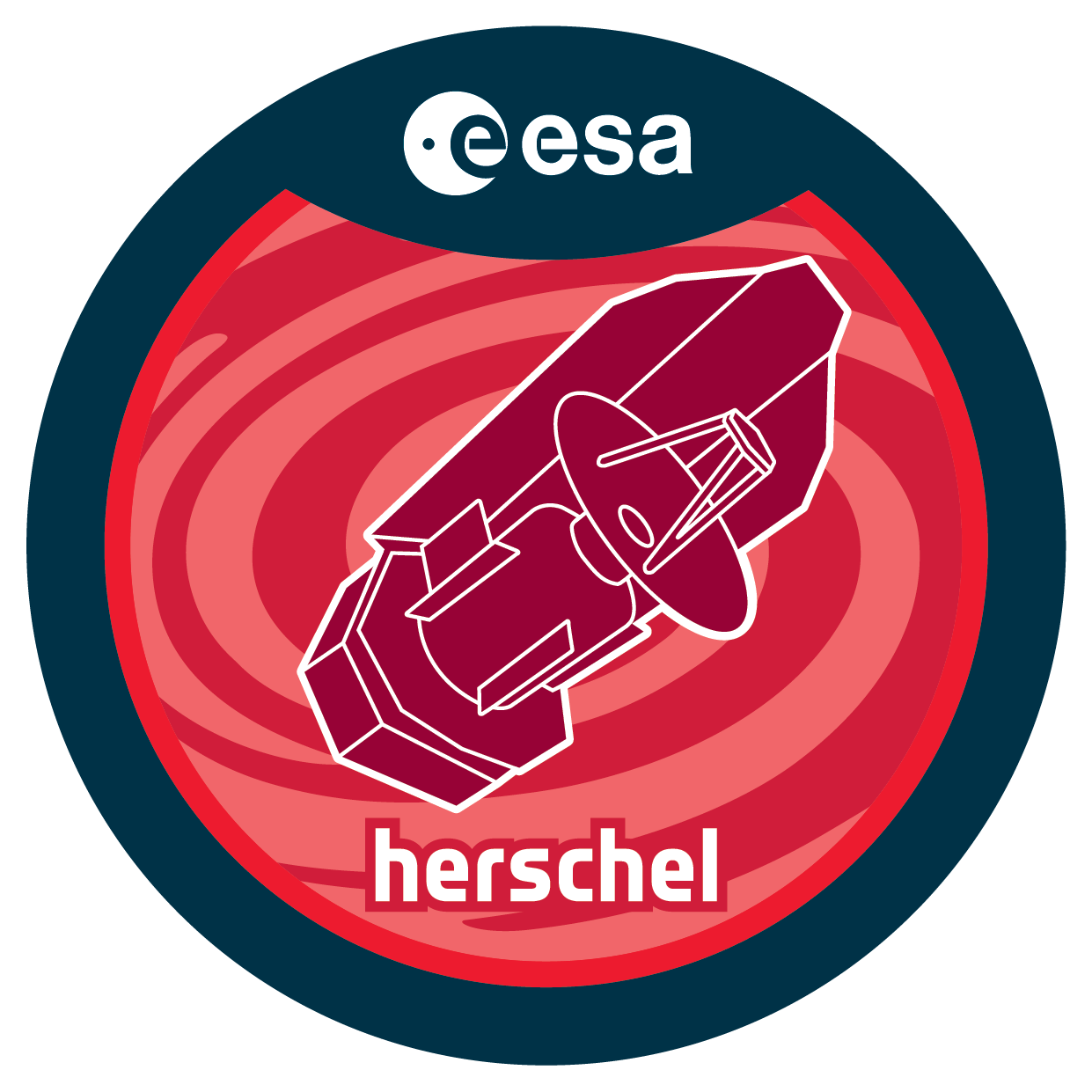

| Name | OT2_tharriso_6 |
| Title | Unraveling the Outburst and Quiescent Emission Properties of the Enigmatic Binary Cir X-1 |
| URL | http://archives.esac.esa.int/hsa/whsa-tap-server/data?retrieval_type=OBSERVATION&observation_id=1342250816&instrument_name=SPIRE&product_level=LEVEL0&compress=true |
| DOI | https://doi.org/10.5270/esa-30zenhb |
| Author | harrison, t. |
| Description | Cir X-1 is an unusual X-ray binary in that it has large scale outbursts every 16.58 d.The cause of these outbursts is believed to be due to episodic mass transferevents that occur when a non-degenerate companion, in a highly eccentric orbitaround a compact object, passes through periastron. In the 1970s, Cir X-1 was ina very luminous high state that resembled the outbursts of X-ray transientswith black hole primaries. At this time, the maxima of the outbursts reached to K = 7.7, even though Cir X-1 is more than 5 kpc from the Sun! In the early 1980s,Cir X-1 was observed to show Type I X-ray bursts that indicated the compactobject was a neutron star. Unfortunately, these events stopped shortly after theybegan, only resuming recently. In the 1990s, however, the X-ray behavior ofCir X-1 was finally confirmed to be due to accretion onto a neutron star primary.What makes Cir X-1 especially interesting is the presence of an ultra-relativisticjet. This jet is seen in both the X-ray and radio, and extends to parsec scales.There is also evidence that this jet is precessing. If true, then Cir X-1 isthe neutron star counterpart to the unusual high mass X-ray binary system SS433(where the compact primary is a black hole). We propose to obtain PACS + SPIREphotometry of Cir X-1 both in outburst, and during quiescence, to identify thedominant emission processes that occur during these phases. These observations will allow us to determine if the outbursts are due to a synchrotron jet that simply turns on during outburst or, alternatively, whether the jet is always present,but precesses across our line-of-sight once every 16 d. Precessing jets are seen inpre-main sequence stars, other X-ray binaries, and AGN. Given its extensive observational history, Cir X-1 is the ideal source for understanding the processesresponsible for launching relativistic jets. Our program requests 2.5 hr of Herschel time. |
| Publication |
|
| Instrument | PACS_PacsPhoto_largeScan, SPIRE_SpirePhoto_small |
| Temporal Coverage | 2012-09-10T15:33:43Z/2012-10-01T16:52:05Z |
| Version | SPG v14.2.0 |
| Mission Description | Herschel was launched on 14 May 2009! It is the fourth cornerstone mission in the ESA science programme. With a 3.5 m Cassegrain telescope it is the largest space telescope ever launched. It is performing photometry and spectroscopy in approximately the 55-671 µm range, bridging the gap between earlier infrared space missions and groundbased facilities. |
| Creator Contact | https://support.cosmos.esa.int/h®erschel/ |
| Date Published | 2013-04-01T16:33:10Z |
| Last Update | 2025-01-24 |
| Keywords | Herschel, HSC, submillimetre, far-infrared, HIFI, PACS, SPIRE |
| Publisher And Registrant | European Space Agency |
| Credit Guidelines | European Space Agency, harrison et al., 2013, 'Unraveling the Outburst and Quiescent Emission Properties of the Enigmatic Binary Cir X-1', SPG v14.2.0, European Space Agency, https://doi.org/10.5270/esa-30zenhb |